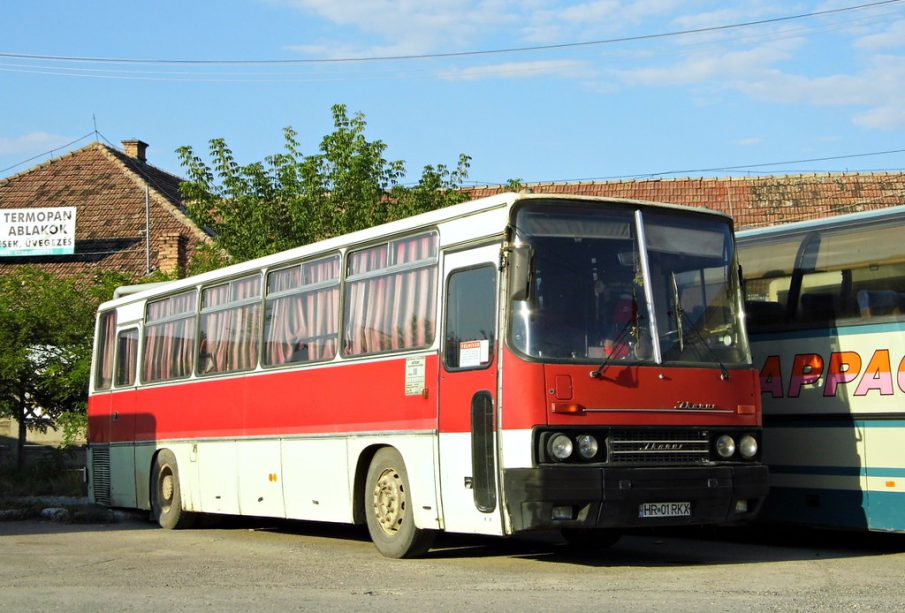Exploring Romania: A Land of History and Modernity

Introduction
Romania, a country located at the crossroads of Central and Southeastern Europe, is renowned for its rich history, diverse culture, and stunning landscapes. With a population of approximately 19 million people, Romania’s importance has grown in recent years, especially as it continues to develop economically and culturally within the European Union. Recent events impacting the nation highlight its resilience and potential for future growth, making Romania a focal point in discussions about Eastern European progress.
Historical Significance
Romania’s history is steeped in the legacy of ancient Dacia and the influences of the Roman Empire, making it a melting pot of cultures. Throughout the Middle Ages, various territories evolved, leading to the unification of Wallachia, Moldavia, and Transylvania, which eventually formed modern Romania in the 19th century. The rich tapestry of Romania’s cultural heritage is evident in its architecture, traditions, and even its language.
Recent Developments
In recent months, Romania has made headlines for its continuous efforts in enhancing its international presence. The country is currently navigating the complexities of global economic shifts while integrating more thoroughly into the European market. Notably, Romania has become an attractive destination for foreign direct investment, particularly in technology and renewable energy sectors. Events such as the recent International Investment Forum held in Bucharest have underscored Romania’s investment potential and commitment to sustainability.
Political Landscape
On the political front, Romania has shown signs of stability as the governing coalition works towards implementing reforms to strengthen rule of law and combat corruption. The current administration has prioritised improving public health, education, and infrastructure, which are crucial for achieving sustainable development goals. As the country approaches the next elections, these initiatives will be key in shaping Romania’s future political environment.
Conclusion
In conclusion, Romania’s historical significance, rich cultural diversity, and recent economic developments play a crucial role in its ongoing evolution. With its strategic position in Europe and continued commitment to reform and development, Romania is poised to make a meaningful impact on the European stage. As the nation moves forward, both residents and international observers will undoubtedly be keen to see how Romania harnesses its potential in the years to come.







